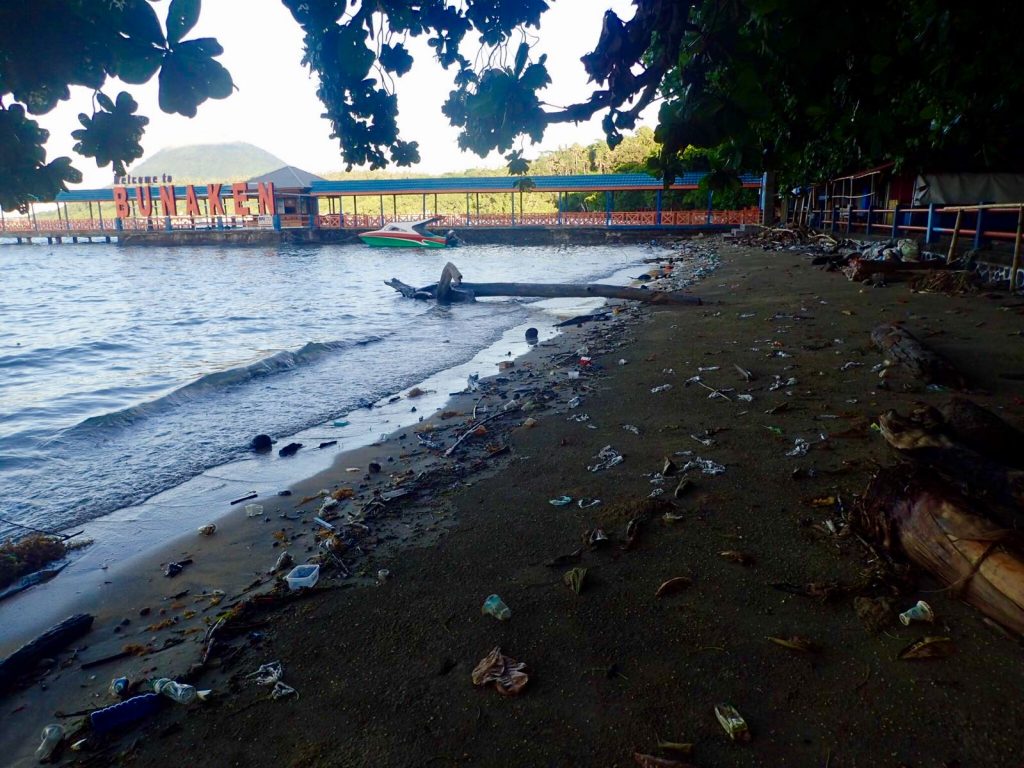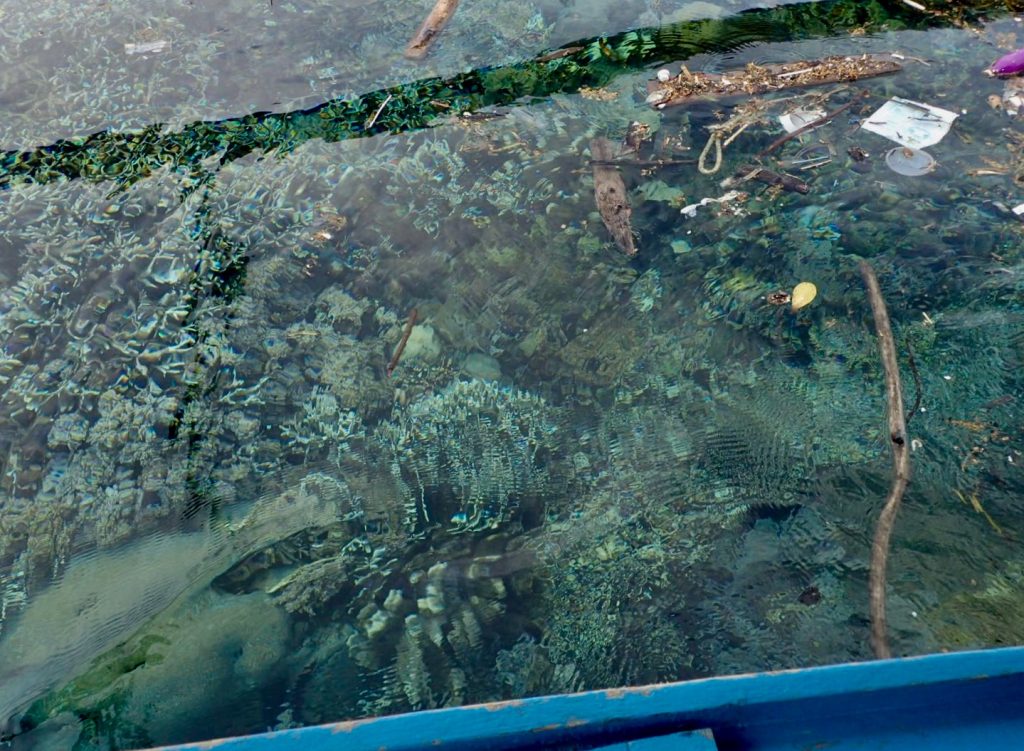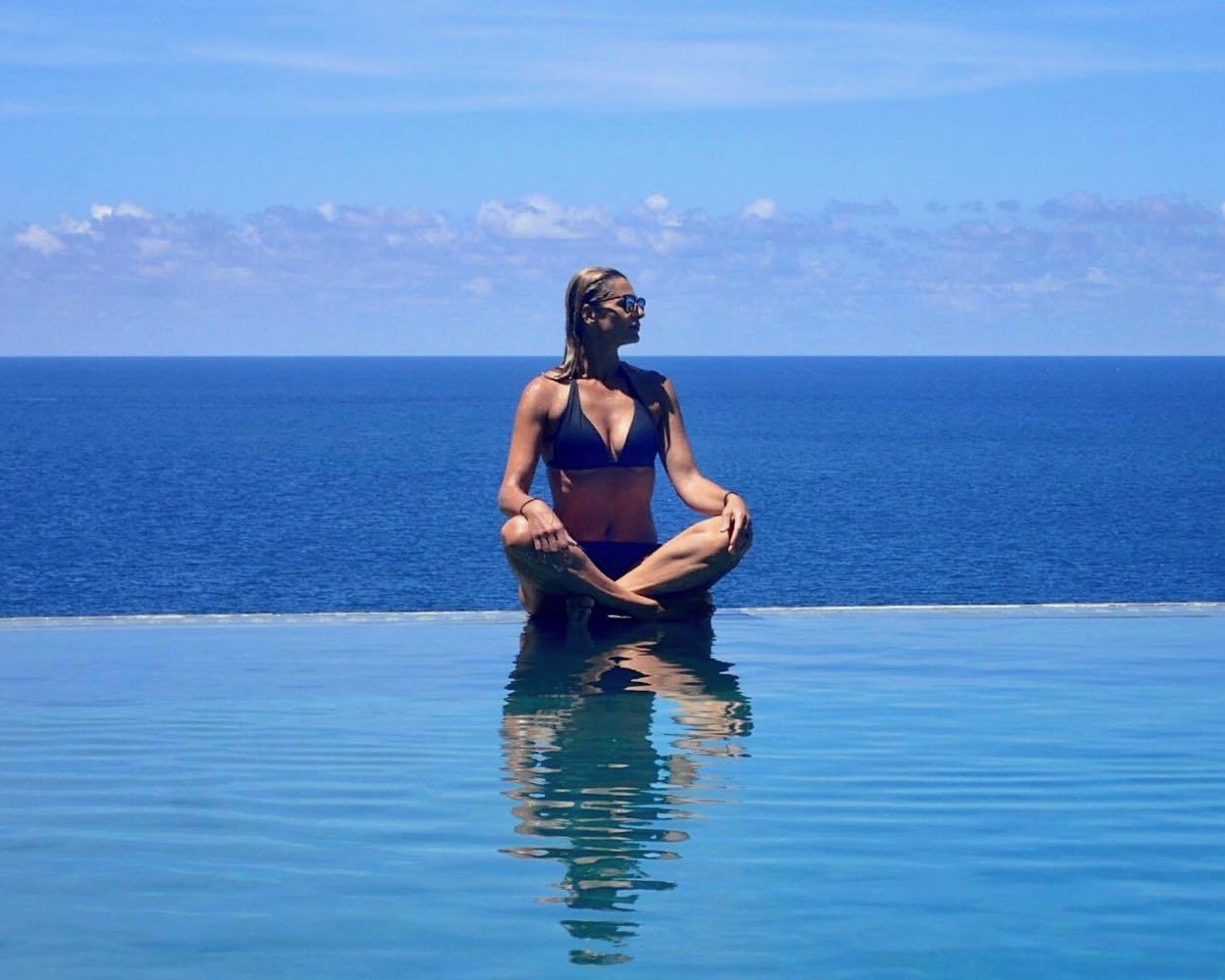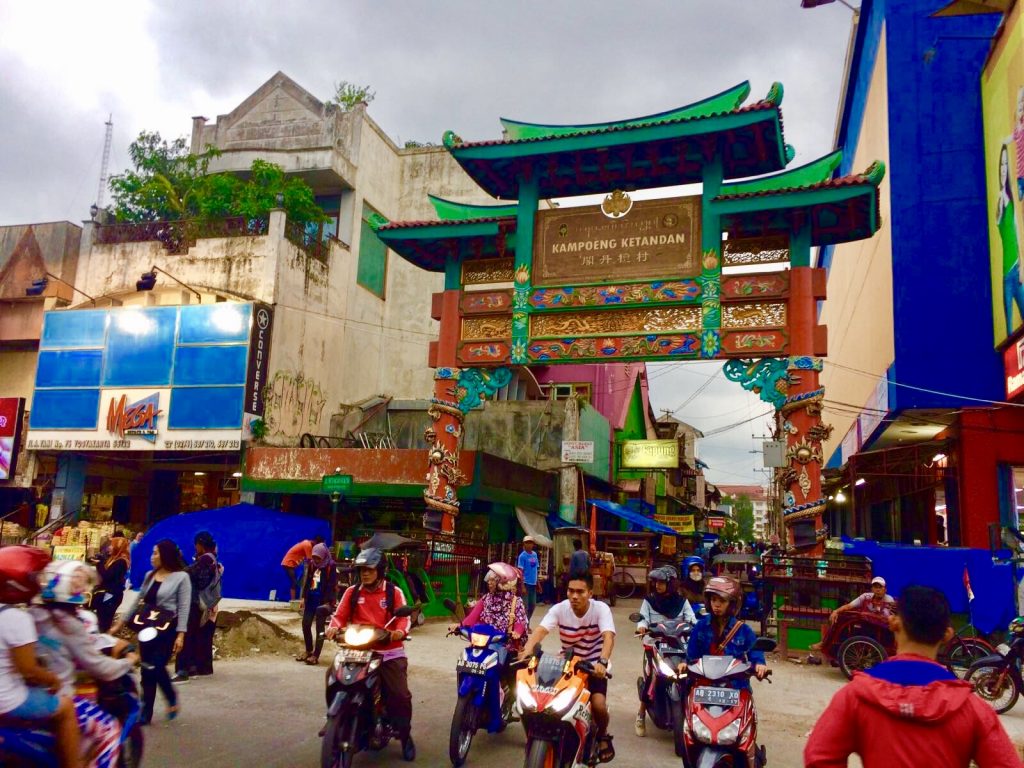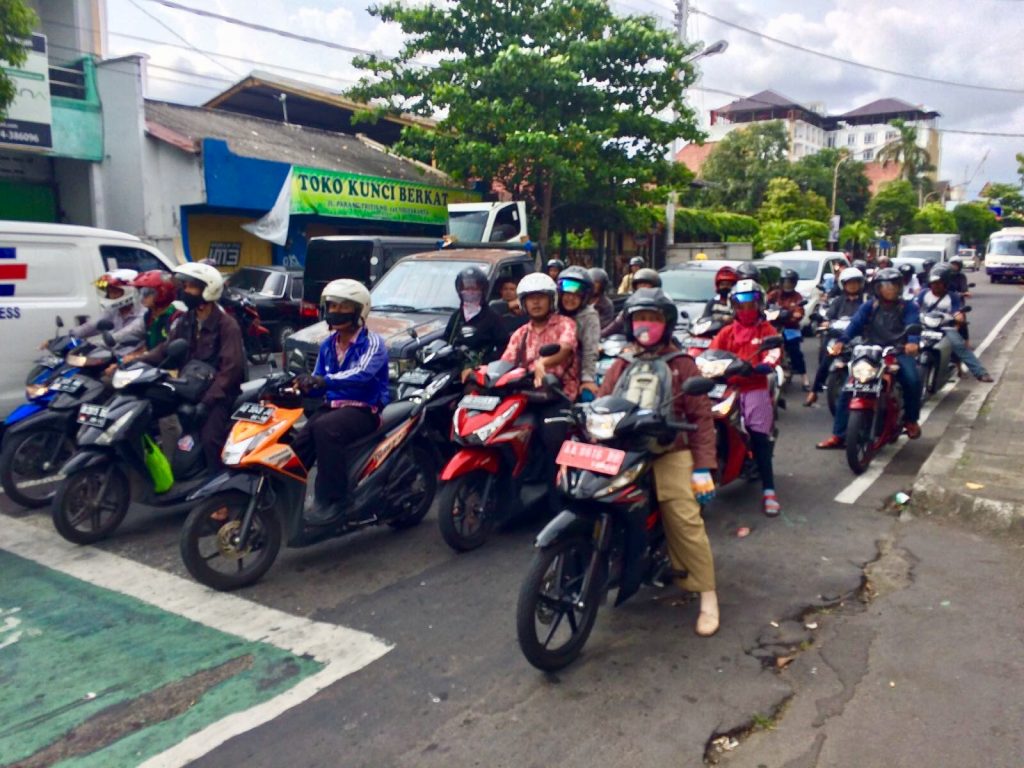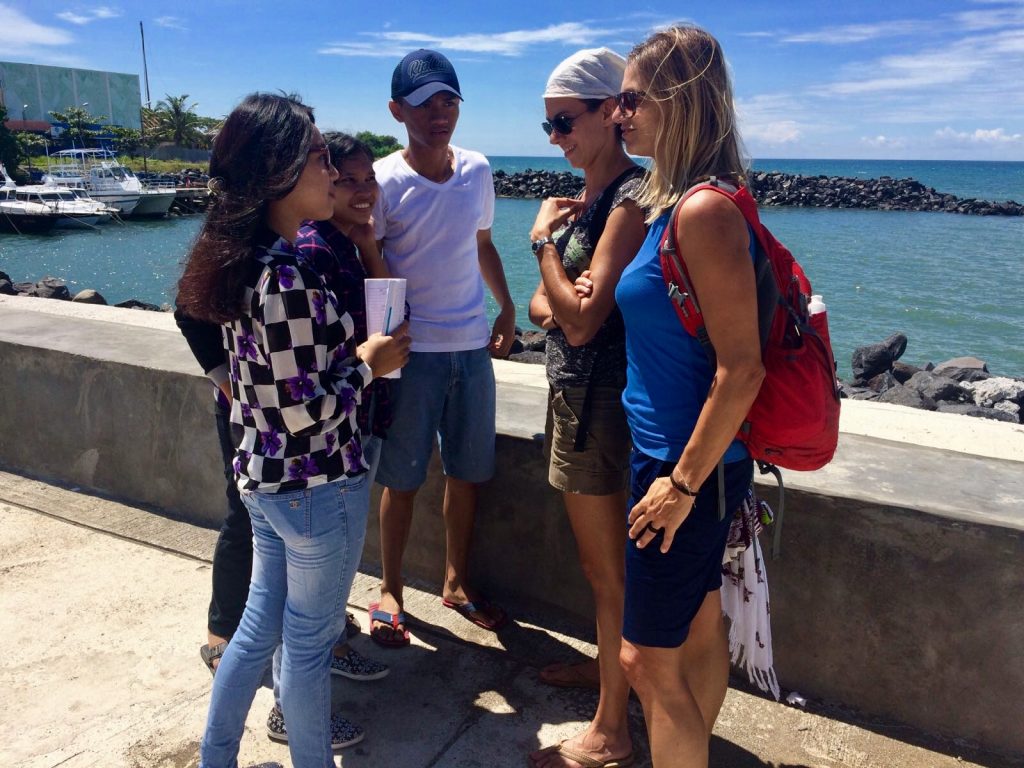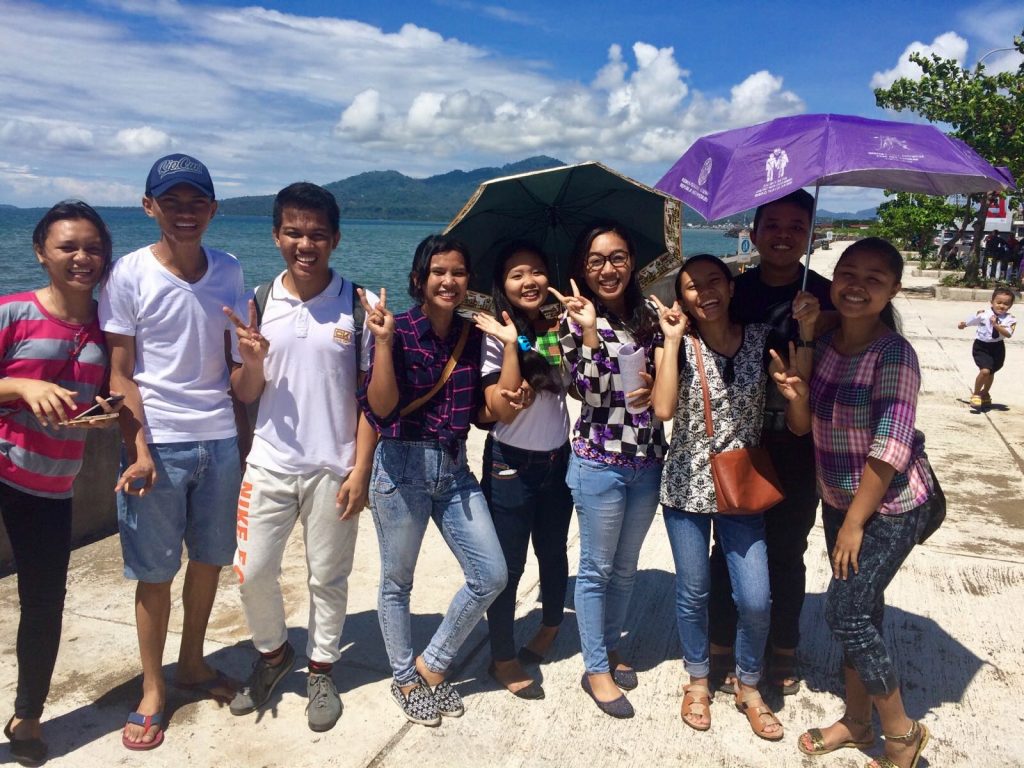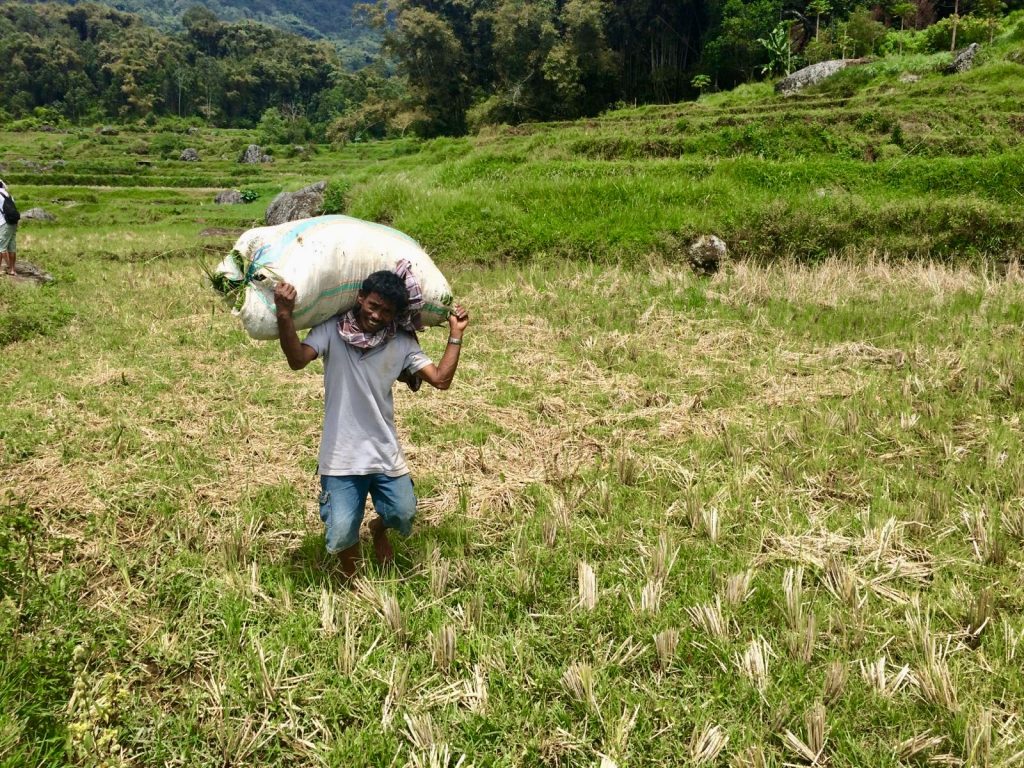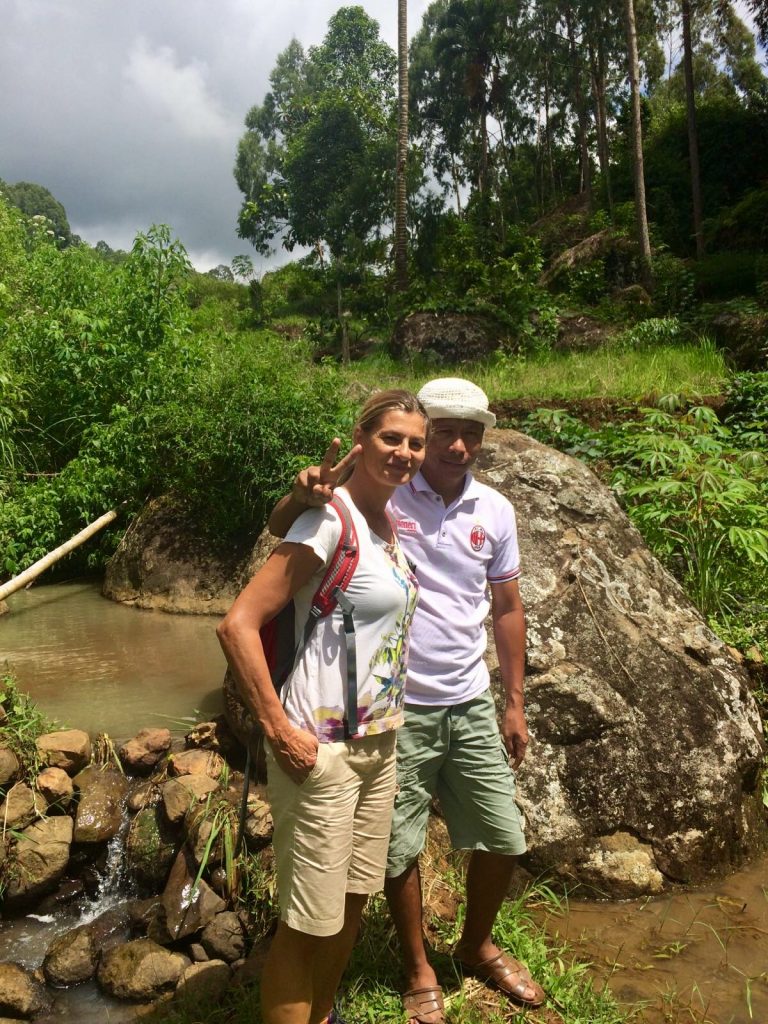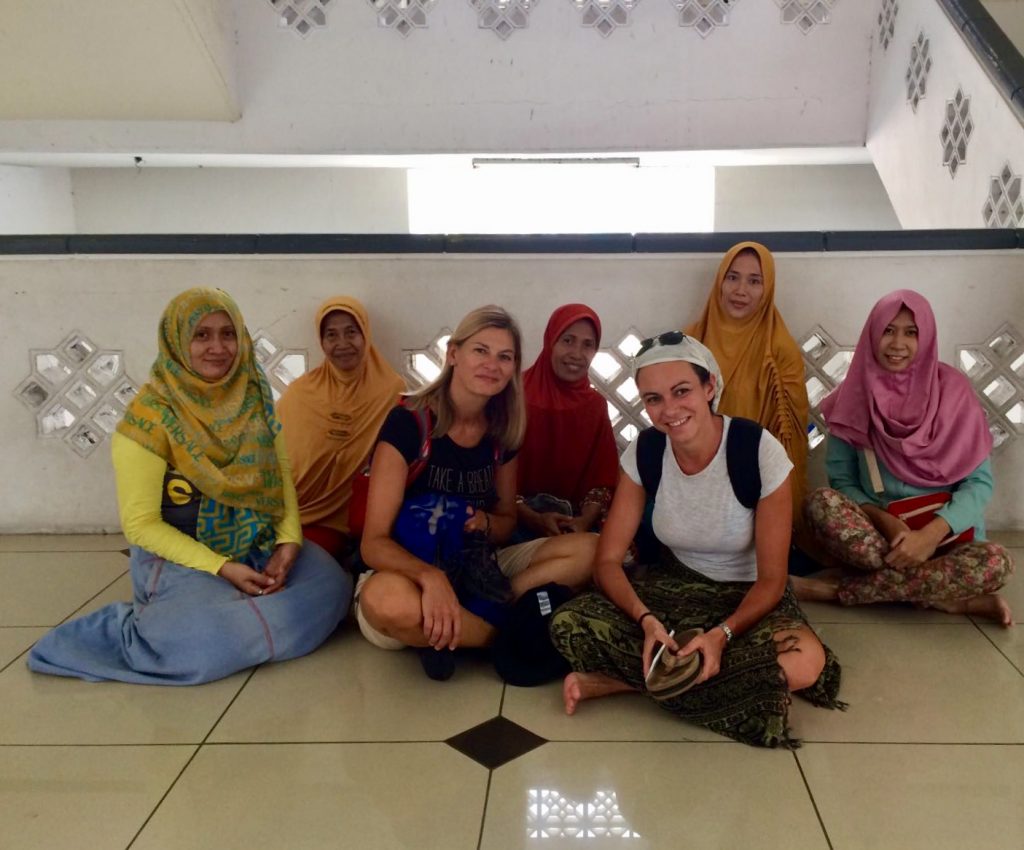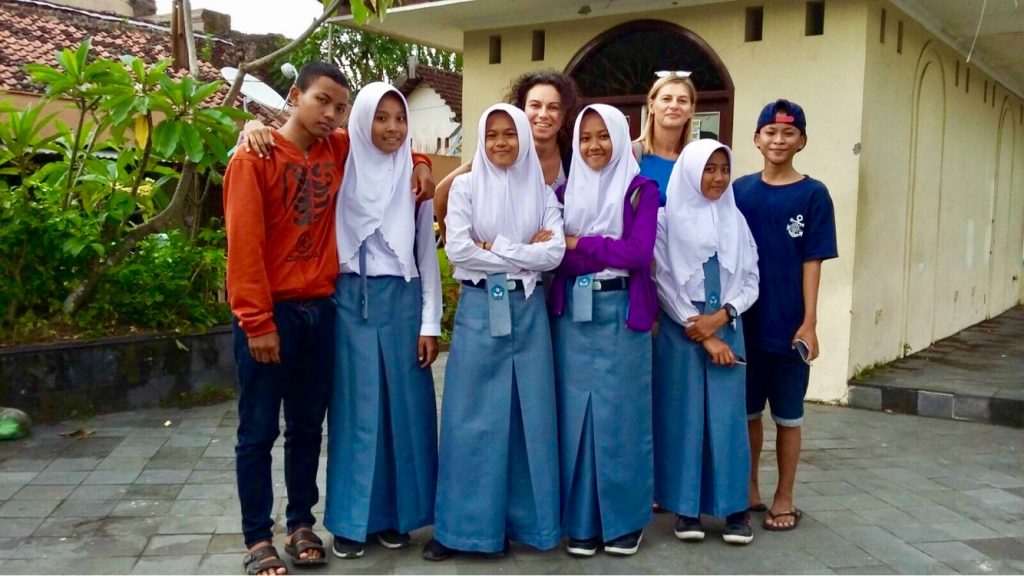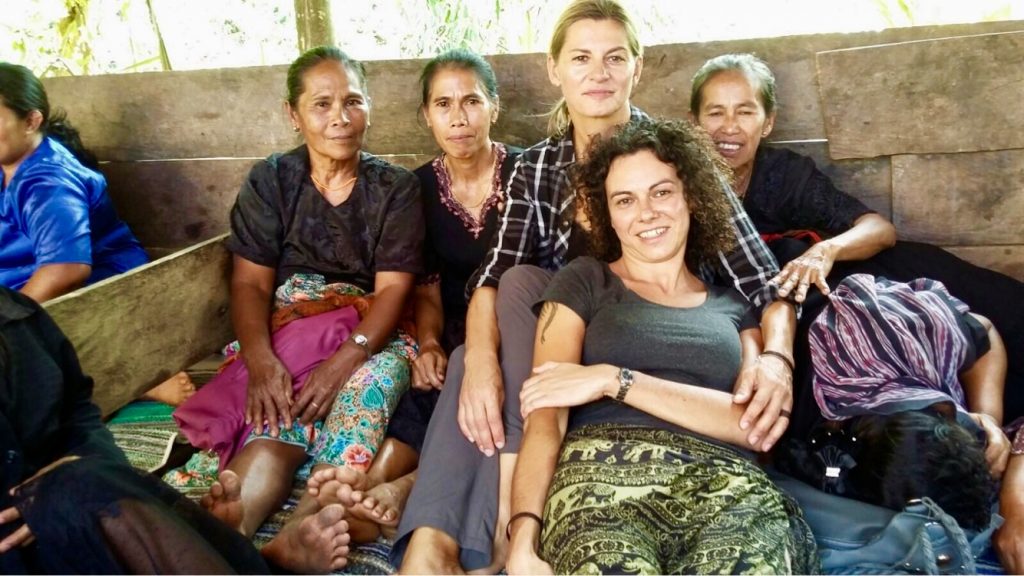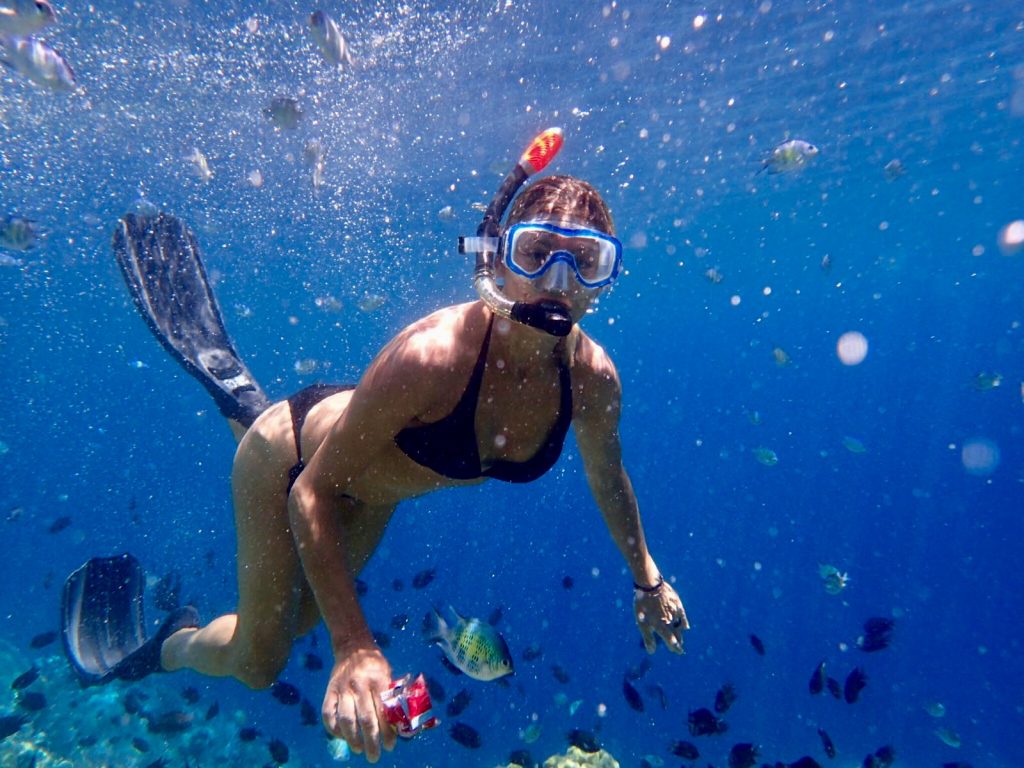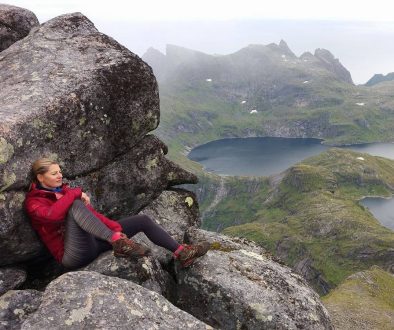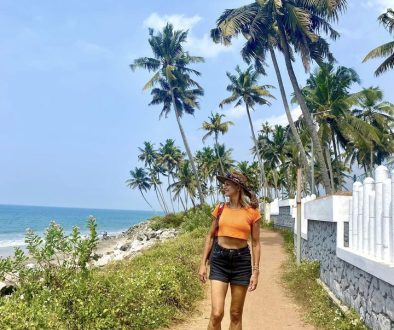Dlaczego żal mi Indonezji?
Opuszczam cudowne rafy koralowe Parku Bunaken, żeby przenieść się na kolejną z wysp największego archipelagu świata. Za parę dni minie miesiąc odkąd podróżuję po Indonezji. W związku z tym pojawia się wiele refleksji, towarzyszących mojej niezwykłej przygodzie. Jaka jest Indonezja? Fascynująca i niezwykła, szczególnie dla Europejczyka. Zaskakująca na każdym kroku. W zasadzie każda wyspa stanowi odrębny i niepowtarzalny świat, pod względem kultury, tradycji, przyrody, kuchni, a nawet religii. To co jest wspólne to gościnni i uśmiechnięci ludzie, ciekawi przyjezdnych i chętni do kontaktu. Ich bezpośredniość w zadawaniu pytań, chęć pomocy, nawet przy braku znajomości innego języka i prośby o zrobienie wspólnych zdjęć, są często rozbrajające. Nawet jak odmawiają, to serdecznie. Życzyłabym sobie choć trochę takiej życzliwości u nas.
Indonezja jest także pełna kontrastów. Indonezyjczycy nie podróżują, wolą podróżnych gościć u siebie. Nie mają chodników i porządnych dróg, ale ilością samochodów i skuterów biją na głowę niejedno państwo. Wieś i miasto dzieli przepaść rozwojowa, ale najnowsze technologie telefonów komórkowych dotarły nawet na poletka ryżu. Częstym widokiem jest sąsiedztwo meczetu obok kościoła katolickiego i choć żyje tu najwięcej na świecie muzułmanów, pozostałe mniejszości religijne mają się dobrze. Nazywana azjatyckim tygrysem, ze względu na intensywny rozwój gospodarczy. Indonezja szokuje zacofaniem w odległych rejonach i tradycjami sprzed wielu wieków.
Wielkie lasy równikowe, skrywają największą na świecie różnorodność gatunków roślin (35 tyś.) w tym wiele endemicznych, podobnie jak wyjątkowe są gatunki zwierząt, w nich występujących. A jednak mojemu zachwytowi nad odkrywanymi miejscami towarzyszy żal, że eksploatacja i brak należnej opieki może wkrótce zniszczyć ten niezwykły potencjał. Lasy tropikalne karczowane są pod uprawę palmy olejowej, rafy zalewane są ropą oraz tonami śmieci, także produkowanych przez turystów. Wszystko na to wskazuje, że za parę lat nie będzie już można obejrzeć bogatej fauny i flory w istniejącej formie. I choć koralowce istnieją od ponad 400 milionów lat, szacuje się, że z powodu szkodliwej działalności człowieka, w najbliższych 100 latach zginie ponad 70% rafy całego świata!!! Trzeba więc zacząć chronić te cuda natury, bo niedługo nie będzie po co wyruszać w egzotyczne podróże. Nie musi to być nic wielkiego, wystarczy chociaż zacząć od nie kupowania produktów opierających się na oleju palmowym. W końcu jak chcemy podróżować, to należy zadbać o to aby mieć gdzie wyjeżdżać…
***
I am leaving the wonderful coral reefs of Bunaken Park to move to another island of the largest archipelago in the world. In a few days it will be a month since I started traveling around Indonesia. Therefore, there are a lot of reflections, accompanying my extraordinary adventure. What is Indonesia like? Fascinating and unusual, especially for Europeans. Surprising at every turn. Each island is a separate and unique world in terms of culture, tradition, nature, cuisine, and even religion. What is common are the hospitable and smiling people, curious of visitors and eager for contact. Their directness in questioning, willingness to help, even without the ability to communicate in another language and of cours requests to make photos together are often disarming. Even if they refuse, they do in a warmly manner. I wish more of such kindness was among us.
Indonesia is also full of contrasts. Indonesians do not travel, they prefer to host travelers at home. They don’t have sidewalks or decent roads, but in number of cars and scooters they beat many countries. Between village and the city is a big abyss in development, but the newest mobile phones reached even rice plots. A common view is a mosque next to the Catholic Church and even though most of the world’s Muslims live here, other religious minorities are doing well. So called Asian tiger, due to the intense economic development, Indonesia is shocking in backwardness in the remote areas and lasting traditions since many centuries.
Big rainforest, belie the world’s largest diversity of plant species (35 thousand), Including many endemic ones, as including the unique animal species. But my delight in revealing these places is accompanied by grief, that the exploitation and lack of care may soon destroy this extraordinary potential. Tropical forests are uprooted due to cultivation of oil palm, coral reefs are flooded with oil and tons of garbage, also produced by tourists. Everything indicates that in a few years we will no longer see the rich flora and fauna in the existing form. And although corals are more than 400 million years old, it is estimated that due to harmful human activity, in the next 100 years more than 70% of coral reefs around the globe will be killed!!! We must therefore begin to protect these wonders of nature, because soon there will be no sense in exotic journeys. It doesn’t have to be anything big though, let’s stop buying products based on palm oil. In the end, if we want to travel, we should take care of the places we want to visit someday…
-Kasia
Niestety po drugiej stronie obiektywu nie zawsze są „instagramowe” widoki…
Unfortunately not all the views on the other side of camera are „instagram-like”…